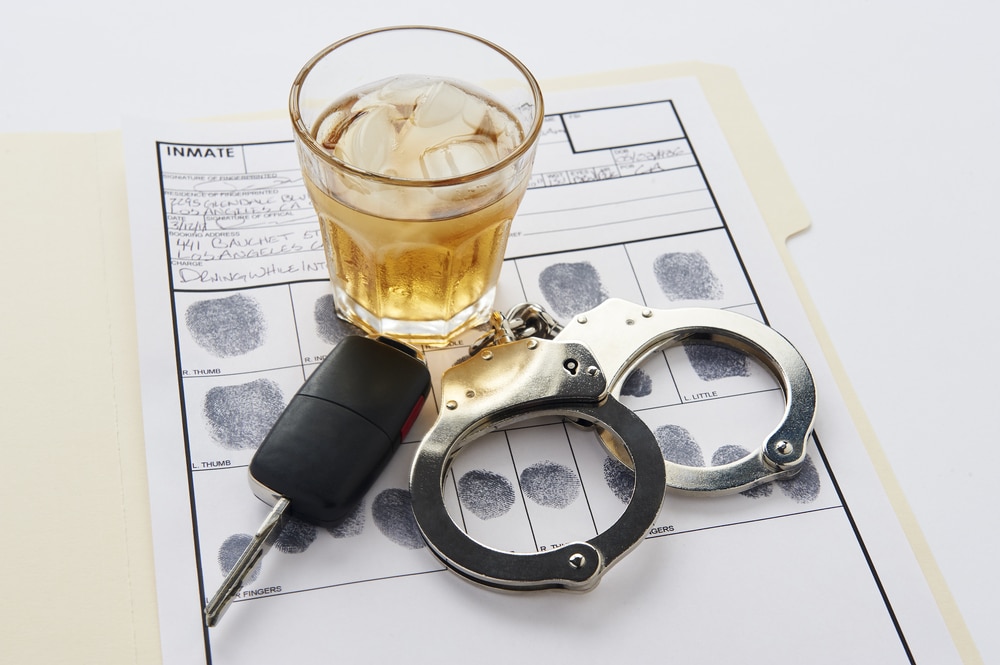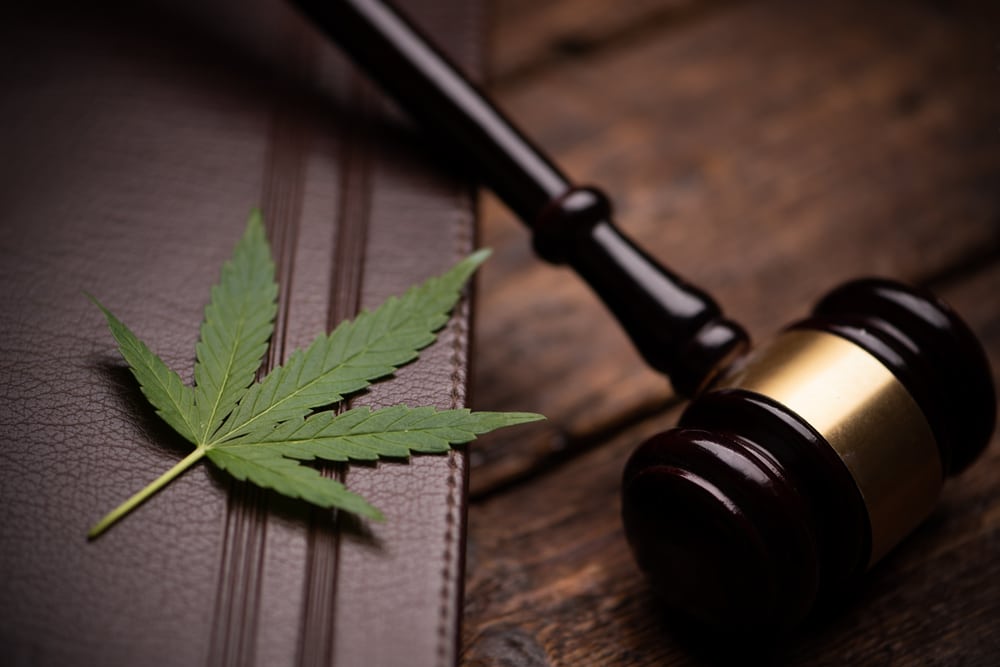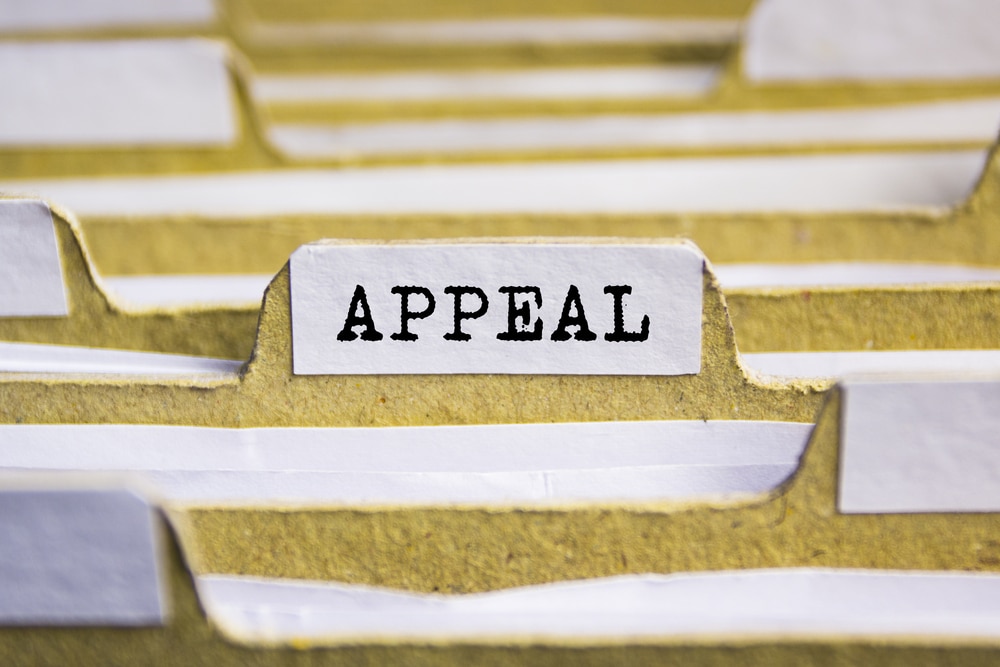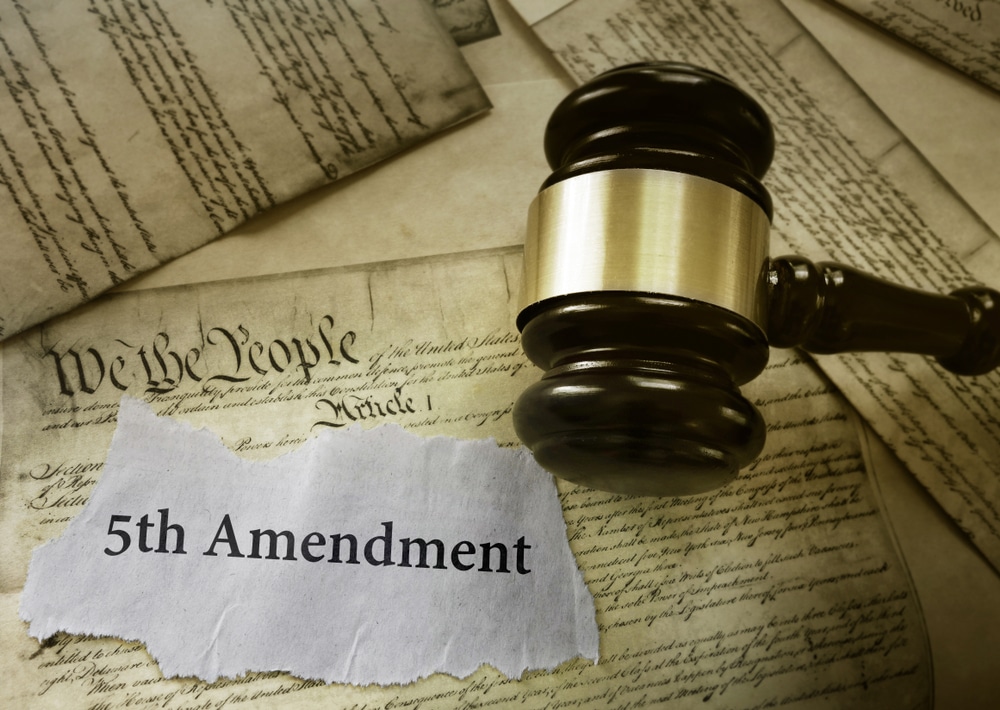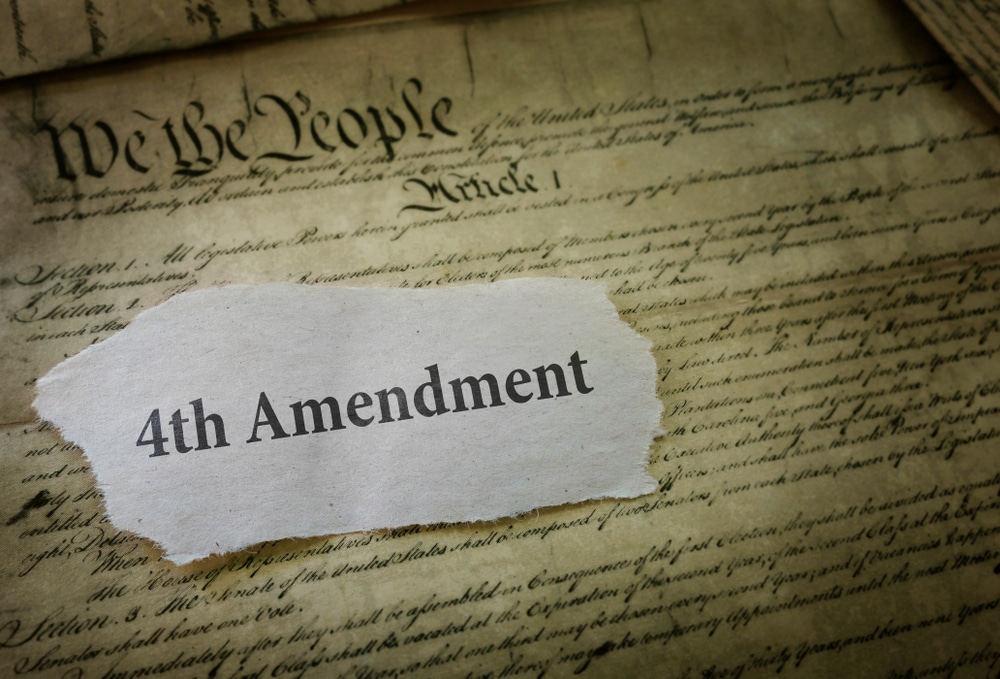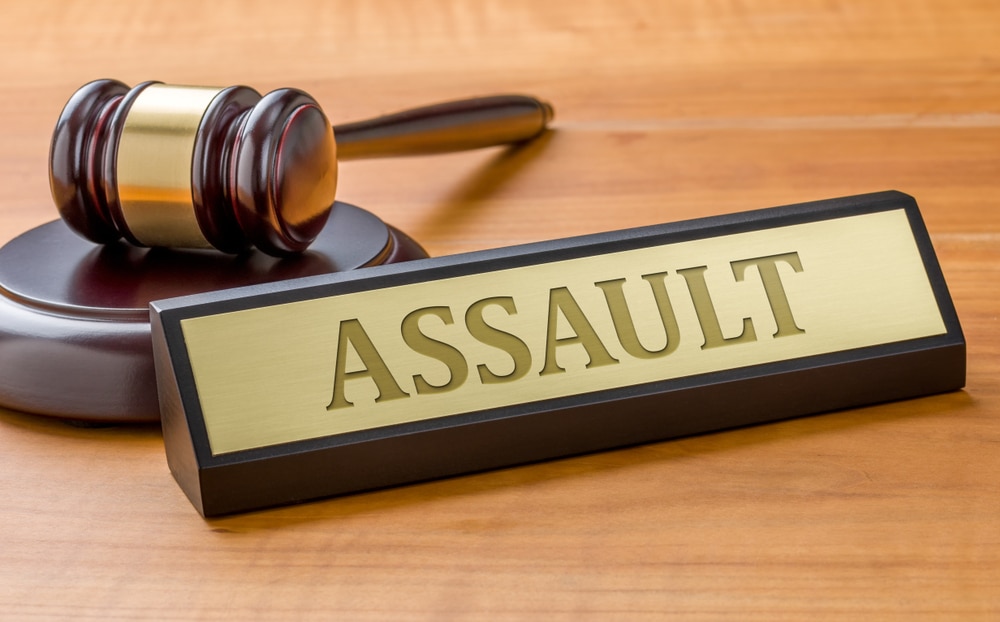Under New York’s Implied Consent law, all drivers agree to submit to a chemical test if they are pulled over on reasonable suspicion of drunk driving. These tests are used by law enforcement to determine the level of alcohol in the blood. While the most common chemical test is a breath test, the statute also allows for blood, urine, and saliva to be tested. Although you can refuse a chemical test, it’s important to understand that doing so can lead to both administrative and criminal penalties.
What is a Chemical Test?
A chemical test uses blood, breath, or urine to ascertain whether a driver’s blood alcohol content (BAC) justifies an arrest. If you decline a chemical test, a police officer may not administer one unless they obtain a warrant. However, chemical testing must be done within two hours of arrest and certain procedures must be followed in order for the test to be admissible in court.
If you took a chemical test that showed your BAC was above the legal limit, an experienced DWI attorney will know how to evaluate your case and work to challenge the results.
Administrative Penalties of Refusing a Chemical Test
If you decline a chemical test, your driver’s license will automatically be suspended by the Department of Motor Vehicles, regardless of whether you were intoxicated. Typically, the administrative penalty for refusing a chemical test is a one-year license revocation and monetary fines. A second refusal within five years can cause you to lose your license for 18 months.
An administrative hearing must be held at the DMV within 15 days of your arrest. At the hearing, an administrative law judge will review your case to decide if you violated the implied consent law by not consenting to a chemical test. However, the police officer who arrested you must first establish the following components:
- There was reasonable suspicion to believe you were driving under the influence
- There was probable cause to make a lawful arrest
- You were provided with adequate warning that refusing to submit to the chemical test would result in revocation of your driver’s license for a year
- You refused to submit to a chemical test
If you can challenge any of the above elements, and the officer is unable to prove their case, you may be able to avoid incurring the administrative penalties. Significantly, the administrative proceedings and penalties imposed by the DMV are entirely separate from any criminal proceedings.
Challenging a Chemical Test Refusal in a Criminal Case
In addition to the administrative penalties that come with refusing a chemical test, a refusal can also be used against you in your criminal case. Nevertheless, it’s essential to be aware that a refusal can also limit the prosecution’s evidence since they will not be able to prove your BAC in court. If you refused a chemical test, there are several defenses that your attorney may raise on your behalf.
Importantly, you must be provided with sufficient instructions regarding how to blow into a breathalyzer. You also have Sixth Amendment right to counsel before responding to a request for a chemical test. If you weren’t properly instructed in use of the breathalyzer, have a medical condition that would have affected the results, or you were not permitted to contact an attorney, you may have a valid reason to refuse the chemical test. In the event your Constitutional rights were violated, or the police did not have probable cause to pull you over in the first place, the evidence of your refusal may be suppressed.
Contact an Experienced New York DWI Defense Attorney
If you’ve been arrested for a DWI, it’s essential to contact an experienced criminal defense attorney who can advise you regarding the best course of action in your case and protect your rights. The DWI defense attorneys at D’Emilia Law provide dedicated representation and aggressive advocacy to those who are facing DWI offenses and strive to obtain the best possible outcomes in their cases. To schedule a consultation, contact us at 1-888-DEMILIA.




